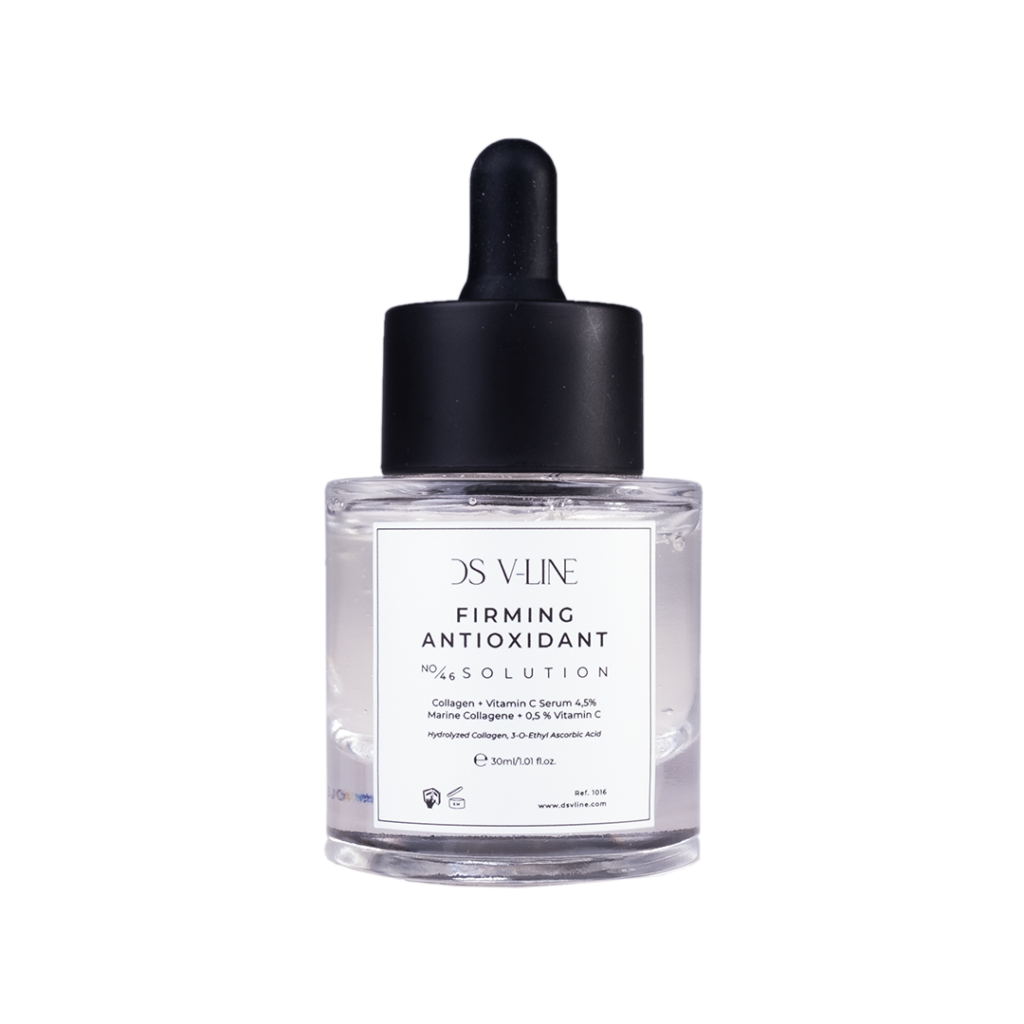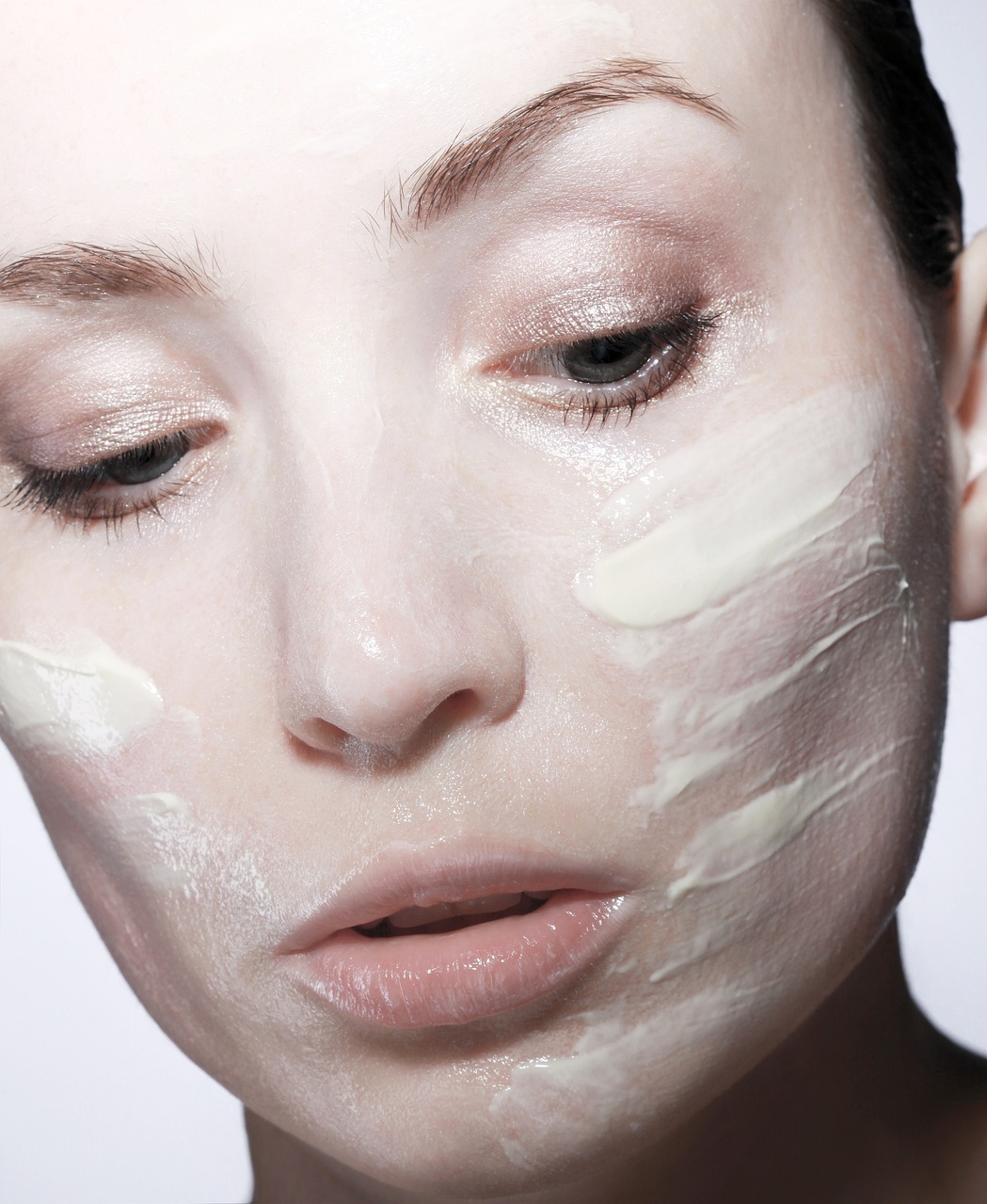
What You Need to Know About Its Importance, Types, and How to Maximize Its Benefits
Collagen is often hailed as the “fountain of youth” in the world of skincare and anti-aging. But what exactly is collagen, and why is it so crucial for our health and appearance? In this comprehensive guide, we’ll delve into the scientific structure of collagen, its various types, and how you can effectively incorporate it into your skincare routine to achieve the best results. Plus, we’ll discuss the optimal age to start collagen treatments and how to select the best collagen products for your needs.
What is Collagen?
Collagen is the most abundant protein in the human body, making up about 30% of the body’s total protein content. It’s a critical component of connective tissues that support the structure of skin, bones, muscles, tendons, and ligaments. Collagen acts like a scaffold, providing strength and elasticity to these tissues. This is why it’s so vital for maintaining the skin’s firmness, reducing wrinkles, and promoting a youthful appearance.
The Importance of Collagen
As we age, our body’s natural collagen production decreases, typically starting in our mid-20s. This decline leads to the formation of wrinkles, sagging skin, and other signs of aging. But collagen is not just about aesthetics; it’s also essential for joint health, bone strength, and muscle function. Therefore, maintaining adequate collagen levels is crucial for both your appearance and overall health.
Types of Collagen
There are at least 28 different types of collagen, but the most common types are:
- Type I Collagen: This type is the most abundant in the body and is found in the skin, bones, tendons, and ligaments. It’s responsible for the skin’s firmness and is the main type used in collagen for face treatments.
- Type II Collagen: Found primarily in cartilage, this type is essential for joint health and is often included in supplements aimed at reducing joint pain.
- Type III Collagen: This type is found alongside Type I in skin, muscles, and blood vessels. It contributes to the skin’s elasticity and firmness.
- Type IV Collagen: This type is found in the basal lamina, which is a layer of the skin. It plays a critical role in wound healing and the filtration functions of the kidneys.
How to Boost Collagen Levels
To counteract the natural decline of collagen, there are several methods to boost its levels in your body:
- Oral Supplements: Collagen peptides and powders are popular options for those looking to boost collagen levels internally. These supplements are typically hydrolyzed, making them easier for the body to absorb. They are beneficial for overall skin elasticity, hydration, and joint health.
- Topical Products: Skincare products containing collagen, such as serums and creams, are designed to deliver collagen boost directly to the skin. While collagen molecules are too large to penetrate the skin deeply, these products can still be effective in improving the skin’s surface hydration and elasticity.
- Diet: Consuming foods rich in collagen, such as bone broth, fish, and eggs, can naturally support collagen production. Additionally, foods high in vitamin C, such as citrus fruits and leafy greens, are essential for collagen synthesis.
- Cosmetic Procedures: For those looking for more immediate results, procedures like collagen lifting and collagen thread lifting offer a non-invasive way to firm and tighten the skin. These treatments involve inserting collagen threads under the skin to stimulate natural collagen production, providing a lifting effect that can last for several months.
When to Start Collagen Treatments
It’s never too early to start thinking about collagen. Generally, the decline in collagen production begins in the mid-20s. Therefore, incorporating collagen for face treatments and supplements into your routine at this age can help slow down the aging process. For more intensive treatments like collagen thread lifting, many experts recommend starting in your 30s or 40s, depending on your skin’s condition.
Best Practices for Collagen Use
To maximize the benefits of collagen, consider the following tips:
- Consistency is Key: Whether you’re taking supplements or using topical products, consistency is crucial. It can take several weeks or even months to see noticeable results.
- Combine with Antioxidants: Pairing collagen with antioxidants like vitamin C can enhance its effects, as antioxidants help protect the skin from free radical damage that accelerates collagen breakdown.
- Facials: Regular facials that incorporate collagen-stimulating ingredients can further enhance your skin’s health and appearance.
Final Thoughts: Why Collagen is a Game-Changer
Collagen is more than just a beauty trend—it’s a critical component of our body’s overall health. By understanding the science behind collagen, its types, and how to effectively use it, you can make informed decisions to maintain a youthful appearance and strong body. Whether through the best collagen products, dietary choices, or cosmetic procedures, boosting your collagen levels can lead to significant improvements in skin texture, elasticity, and overall vitality.
RELATED POSTS
View all


